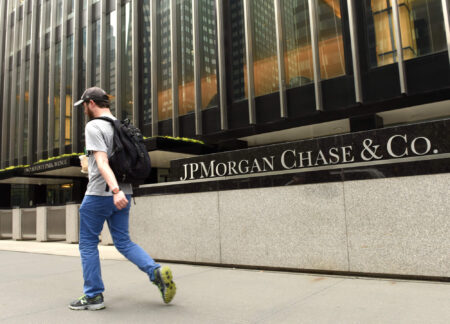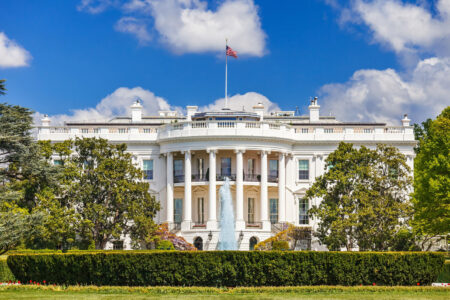The new White House crypto envoy, Patrick Witt, has declared the Senate’s market structure bill his top priority. In his first interview in the new role, Witt emphasized the importance of this legislation, along with the swift implementation of the new stablecoin law (GENIUS Act) and the creation of a strategic crypto reserve for the United States.
Patrick Witt, who succeeded Bo Hines as Executive Director of the Presidential Council of Advisers on Digital Assets, is committed to decisively advancing crypto policy. His three main goals: the Senate’s market structure bill, the implementation of the GENIUS Stablecoin Act, and the establishment of a US crypto reserve based on seized assets.
No pause in crypto regulation
Witt signaled: “We’re keeping our foot on the gas” - some legislative initiatives have been delayed, but the administration remains persistent and closely connected with the relevant committees, especially the Banking and Agriculture Committees. He expressed optimism that the Senate draft will ultimately be approved by the House of Representatives, which has already passed its own version - the Digital Asset Market Clarity Act.
According to Witt, the already approved GENIUS Stablecoin Act is ready for full implementation by regulators. It provides legal clarity, protects consumers, and is intended to create regulatory conditions that foster innovation. In doing so, the government is paving the way for stable digital currencies that can be operated in a trustworthy and secure manner.
Stablecoins in the spotlight
Witt also pursued the creation of a federal Bitcoin reserve, primarily consisting of seized crypto assets. This reserve is to be enshrined in law to promote long-term stability and national expertise in the digital currency space - even though some legal questions remain unresolved.
Witt’s clear prioritization has implications not only for the US market but also sends a signal to the international crypto industry. Reliable and transparent regulation in the US could set global standards and attract both investors and businesses. In doing so, Washington is positioning itself not only as a regulator but also as a pace-setter in the global competition for innovation and trust in digital finance.




